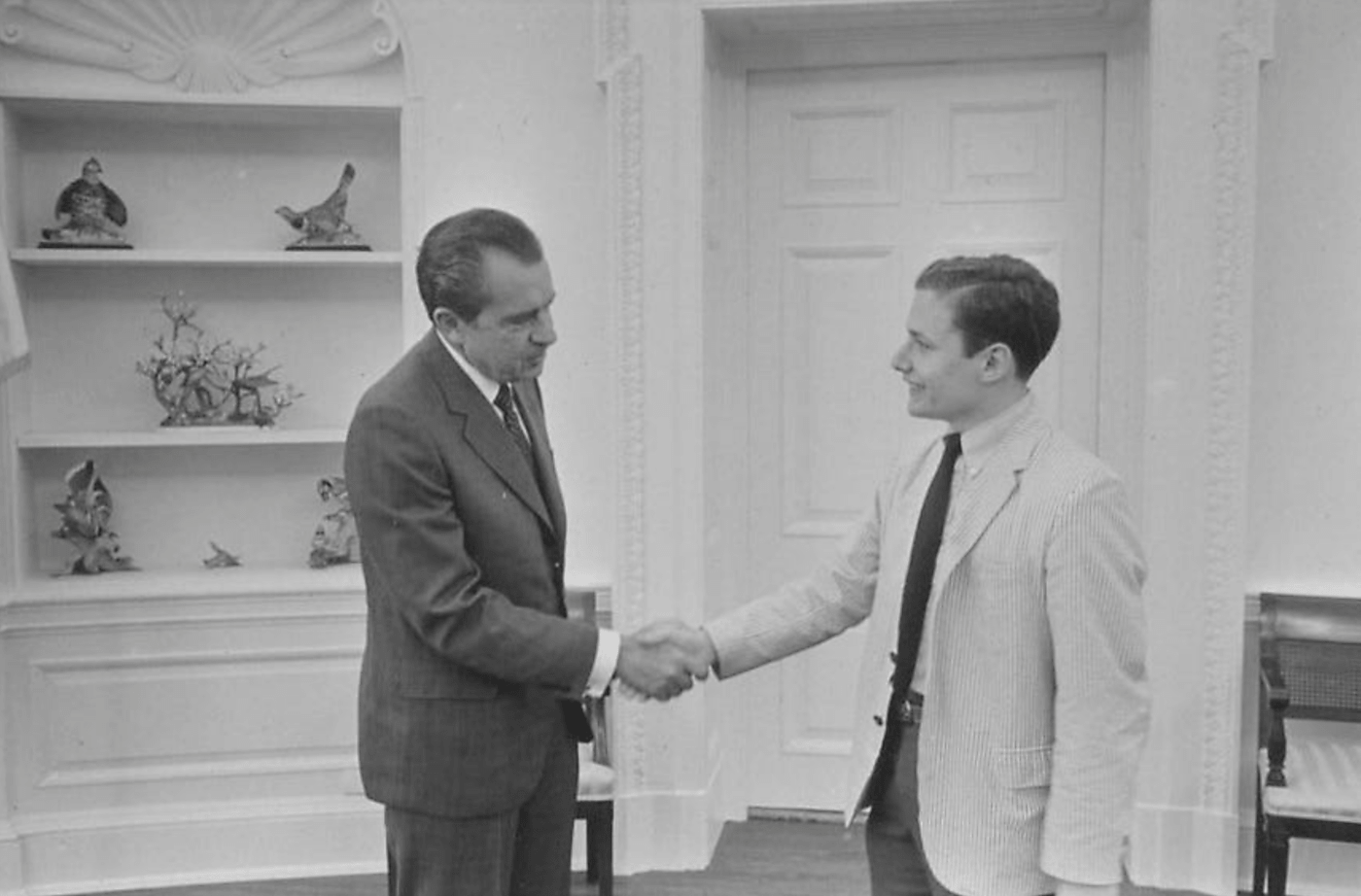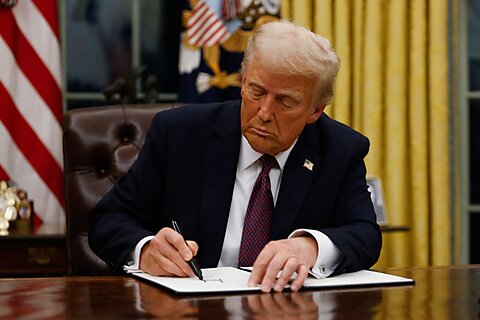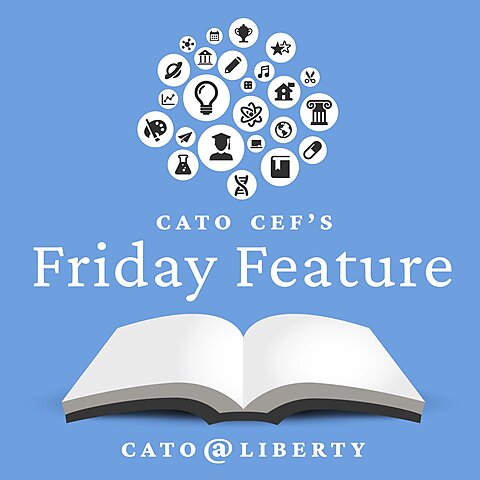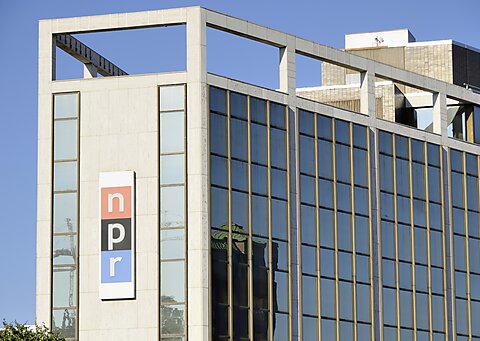When Fox News settled for nearly $800 million with Dominion Voting Systems, it avoided having to admit that it promoted lies in its coverage of Trump’s attempt to overturn the 2020 election results. That settlement is now the basis of an attempt by the Media and Democracy Project (MAD) to block a Philadelphia television station, Fox 29, from having its license renewed by the FCC. MAD’s petition recently received a letter of support from Bill Kristol, the Never Trump conservative and a current editor at The Bulwark.
The MAD petition hinges on an infrequently enforced FCC policy about “news distortion.” It is a high bar to clear. To qualify, the reported news must not only be false but falsified. That’s the “distortion” angle. Selective reporting, like focusing on an unrepresentative framing of an event, wouldn’t count. For example, a journalist could choose to do their segment at a post‐George Floyd protest in the summer of 2020 either with a fiery backdrop late at night or in front of peacefully marching protesters earlier in the day. Neither choice would count as distortion. It could, however, be distortion if a journalist were to pay actors to stage a fake demonstration.
While I found much of Fox News’s coverage of the 2020 election to be a shocking dereliction of journalistic responsibility — and friends don’t let friends rely on *any* cable news channel as their primary source of information — I have my doubts about whether it rises to the level of news distortion. Selective, biased, or even knowingly false reporting isn’t enough. Fox News would have had to manufacture the stories themselves, not just report on lies and rumors promoted by others.
But let’s set that uncertainty aside for a second and simply assume that Fox News will be found responsible of news distortion by the FCC. Is that a good system that operates in the public interest? And should conservatives like Bill Kristol support such a system?
A quick look at the history of the news distortion standard offers a cautionary tale for those with an understandable but misguided desire to use State power to punish falsity. The news distortion policy was not created in a vacuum and was not a product of disinterested civil servants seeking to serve the common good. It was concocted under pressure from politicians who wanted to punish disfavored speech and suppress political dissent.
The news distortion policy began in 1969 with a series of FCC investigations into complaints about journalistic staging. These were not just complaints from ordinary citizens; they came from members of Congress. While the complaints covered quite a range of topics — from allegations of staged marijuana parties on college campuses to selective editing of interviews with whistleblowers on Pentagon waste — the most widely referenced involved news coverage of the 1968 Democratic National Convention protests in Chicago.
In particular, Democratic congresspeople were angry that journalists were, in their opinion, exaggerating police violence against protestors. One Senator accused a camera crew of dressing up a “girl hippie” with a bloody bandage and sending her up to the police line to shout, “Don’t hit me,” on cue. Supposedly wounded protestors would rise up like Lazarus as soon as the cameras turned off.
It’s worth noting that none of the 1969 investigations found any merit to these complaints. And historians are in broad agreement that the ‘68 protests had plenty of certifiable police brutality and angry protestors without any need for journalistic fabrication. (I studied w/David Farber; read his book!)
So what was the point of these news distortion claims? It was an attempt to abuse a government agency to delegitimize democratic opposition. (And Democratic opposition, for that matter.) If you were a pro‐war Democratic congressman supporting the pro‐war Democratic presidential nominee Hubert Humphrey as the DNC delegates defied the primary results that favored anti‐war candidate Eugene McCarthy, you weren’t appreciative of journalists drawing attention to your unpopular convention machinations. Nor would you appreciate exposes of the party’s willingness to rely on sometimes brutal law enforcement tactics to suppress their critics.
So filing a complaint with the FCC for news distortion — which could then require the responsible news network to explain their conduct in a potentially embarrassing public spectacle — was a way of putting pressure on tv networks to shape future coverage in a way that was more favorable to the politicians filing the complaints.
In other words, complaints about news distortion were *themselves* an attempt at distorting the news!
We rightly condemn President Richard Nixon for sending Charles Colton to CBS in 1970 to threaten the network with targeted FCC regulatory enforcement if they didn’t back off with their critical coverage of the Vietnam War effort. (It worked.) We should be just as condemnatory of how congress created a novel news distortion standard at the FCC in 1969 to suppress critical news coverage.
It’s notable that the FCC’s rules were capacious enough in ‘69 & ‘70 to enable both parties to simultaneously target their opponents. Nixon leaned on the fairness doctrine while congressional Democrats used news distortion. It’s a reminder that when government agencies are granted the power to control speech — even accidentally — it creates an opportunity for political entrepreneurs to find ways to abuse those powers in order to extract maximum partisan advantage. That’s an invitation for a constant, seesawing, no‐holds‐barred brawl for control of the levers of regulatory power; the temporary winner(s) get to punish their ideological enemies and reward their allies. Free speech gets caught in the crossfire.
With that history in mind, Bill Kristol’s support for a newly invigorated news distortion policy comes across as naive. (To be fair, as you can see from the picture above, Kristol was merely a callow intern at the White House in 1970 when all this was happening.) The news distortion policy was censorship via the backdoor.
And conservatives have good reason to be leery of boosting the FCC’s authority to police news content. As I have written about at length, while the FCC’s various backdoor speech regulations have punished radicals from both Left and Right, conservatives have been a particular target. I used to ask liberal proponents of a revived Fairness Doctrine standard if they really wanted to gift these powers to the Trump administration. I suppose now I have to ask conservative proponents of an energized news distortion standard if they really want to gift these powers to the Biden (or Harris) administration.
Rather than calling for broader enforcement of the news distortion policy, small government conservatives should instead be calling for its repeal.
Crossposted from the author’s Substack. Subscribe for weekly insights from the intersection of history, policy, and politics.




